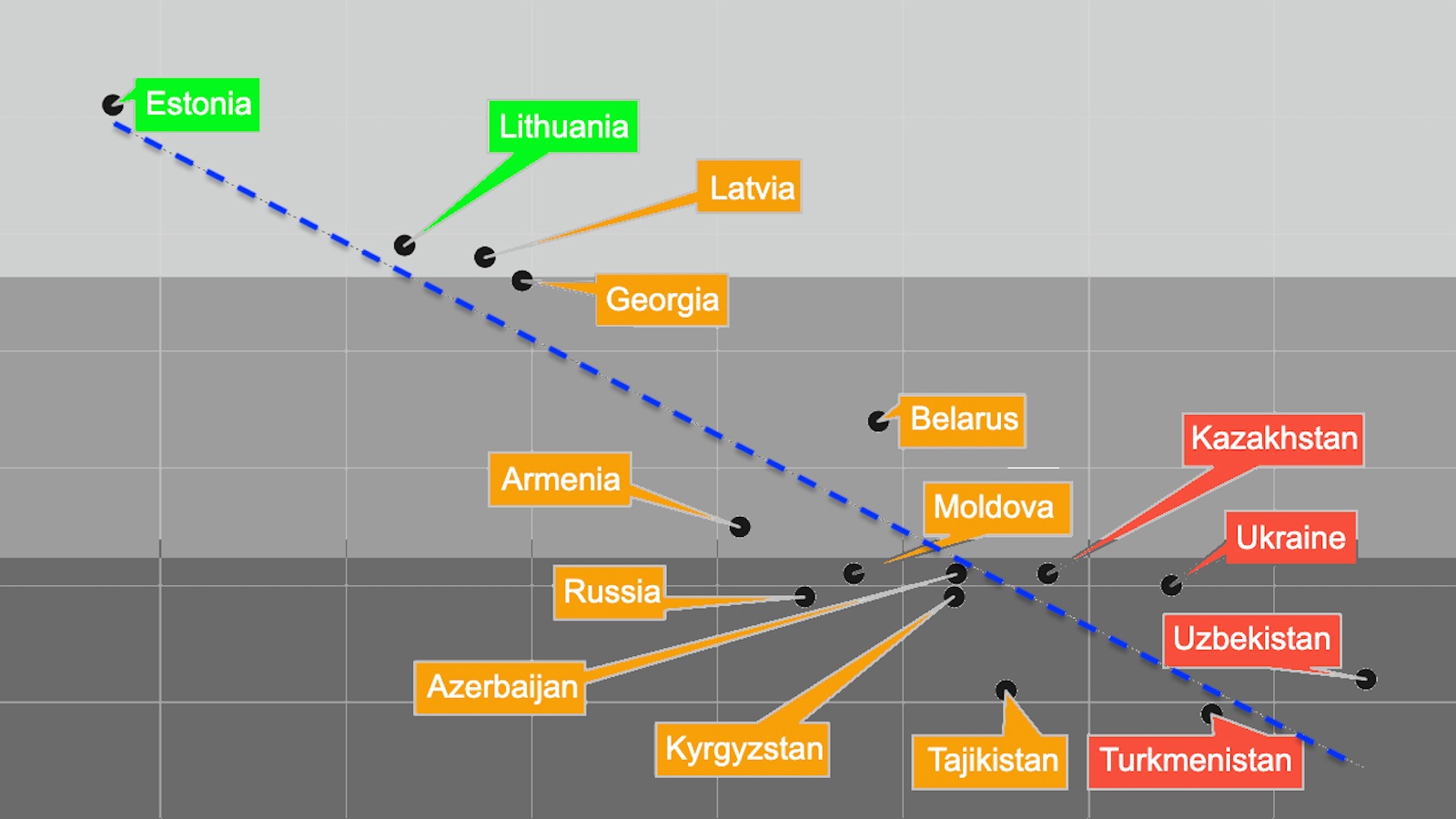Economics is a field study that delivers policy prescriptions, Ariely says.
Question: Do we need to change how economics is taught?
rnDan Ariely: So this goes back to the question of, “What’s the role of economics?” And economics has two roles. One role, it’s a field of study. It’s a fantastic, wonderful field of study. It shouldn’t be changed, right? It’s just lovely. The same way that philosophy is lovely, and sociology and so on. And the field should keep . . . keep on going. The second part where economics is different from all social sciences is that it has prescriptions for social policies. It tells us how to behave. It tells policies what to do. It tells business people what to do. And this is the place that worries me. This is the place that I think we should include more in the discussion than just standard economics. So for example my idea would be to create a new field that would be called “policy research”. So imagine that we do a tax cut for $800 billion just for example. What is the right way to do it? Is it just the right way to take economic principles, and based on that decide how much to give and who to give to and so on? Or is it better to take Iowa and give some people in Iowa some discounts, and other people other rebates and so on, and check which one works better? You see as a scientist I have ideas about what will work better or not. But I don’t have the confidence or the audacity to suggest that I know everything and I can predict the real right approach. I can suggest experiments, and the result of the experiments could tell us what to do. And that’s actually my hope. My hope is that economics will join psychology, and sociology, and behavioral economics to create a field where everybody proposed experiments. We test them out and we learn the most about what we should be really doing. Now I’ll give you one example for (46:04) this on some committee that is looking at the No Child Left Behind Policy . . . That’s a policy that gives schools money . . . to schools, and principals, and teachers based on performance of kids. We all have ideas about it. Is this right? Is this wrong? I personally think there’s a lot of things wrong with it. Most of teachers also think it’s very wrong. But with the billions of dollars that go into it – and I’m not sure what percent of GDP education; let’s say it’s about 15 . . . With the billions of dollars that go into it, nobody is creating good studies that are testing the efficacy of this. For me this is just unbelievable. And here is just a list of questions that we have no ideas about. What’s the right age to start studying? We don’t know. I mean for each topic we don’t know. How many minutes should a class session last? We have no idea. What is the ratio between teachers and kids that are ideal? No idea. I sat next to the head of UNESCO a few weeks ago and had lunch with him. And he said there’s one thing we know about education, and that’s the quality of the teachers really matters. I said fine. What does it mean – “quality of the teachers?” “I don’t know." I mean it’s unbelievable that we spend so much money based on our conceived notion about what’s right and what’s wrong. As a scientist I say we know some things, but we don’t know so much. Let’s just create a system where we do more experiments and test more things out. I think businesses should do it more, and I think the government should do it more. And one good case is medicine. You know medicine before the FDA was just placebos. We would put leeches, and bleach people, and all kinds of ointments. It was useless. And as a burn patient, you know I suffered through some treatments that were just placebos. What the FDA is doing is forcing people to work against their natural tendency, and forces people to do experiments. If you’re a physician and you think Ointment A is good, you’re not going to deprive half of your patients from it just to test if it’s working. You would give everybody this. If you’re a businessman and you think this is good for your clients or for your stockholders, you’re not going to deprive half of the population of it. You’re going to give it to everybody. The FDA is forcing people to do something that’s not natural – experiments. And by doing that we’ve advanced medicine in a fantastic way. But I think the same discipline is important for other things – for policies and for business.
rnRecorded on: Feb 19 2008
rn






